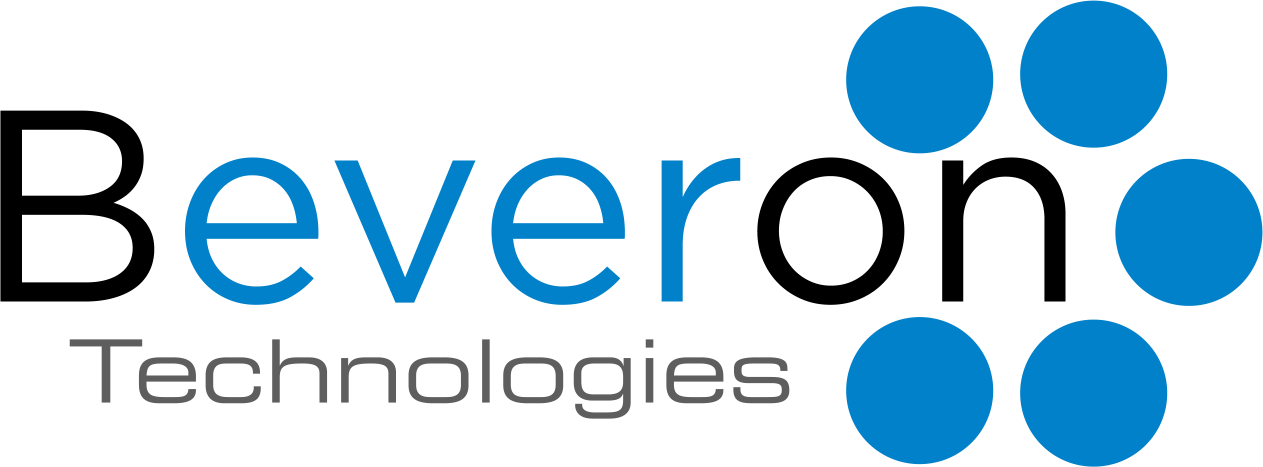Dos and don’ts while implementing LegalTech in your Law Firm

It’s 2022, and the world has been invaded by technology in ways we could never imagine, even 10 years ago!! Today we live in a world where data and information are at your fingertips. Everyone needs information instantly, wherever they are, at any given point of time. Cloud and AI are the new buzzwords in corporate as well as personal transactions.
The advent of Covid in early 2020 exponentially increased the penetration of technology and technological tools and software in every sector. Every sector, except probably the oldest one. The legal sector. The legal sector somehow has been relatively immune to the advances in technology. Most legal firms even today, use legacy software and standalone applications from the days of yore.
But now, slowly, gradually, things have started looking brighter and more upbeat in this sector, with the introduction of Legal Technology, also called LegalTech.
What is LegalTech?
Legal Technology, more commonly referred by its abbreviated name “LegalTech”, refers to the usage of technological tools and software to provide effective and prompt legal services and ultimately support the legal sector. Most of the times, LegalTech organizations are startups founded on the premise of disrupting the traditional, old-world, and conservative legal market, and shake it up with cutting-edge software and services.
Now that you’ve decided to test the waters and go ahead with LegalTech, what exactly would be the dos and don’ts you should be aware of before implementing LegalTech?
Let’s find out...
✓Do – Use website forms
This remains one of the easiest and fastest ways to capture information about any potential client or customer. When you ask a customer / client to fill out a web-form, you automatically ensure that you’re capturing all essential information, while eliminating unnecessary details. Additionally, using a web-form ensures that you don’t miss out on capturing information that would be crucial to your law firm.
✗Don’t – Miss capturing all relevant and essential information
As mentioned above, web-forms are the best way of capturing info, but only if they capture RELEVANT INFORMATION. If your web-form does not capture relevant and needed information, or is vague while capturing info, your legal team won’t have the necessary details they need to move ahead with the next steps of onboarding the new client or following-up on enquiries. For instance, a typical business web-form should ideally capture details like –
Name
E-mail address
Phone number
Type of law involved
Opposing parties
When the incident occurred
Short description of the legal need / service involved
Best time to call, or how to contact the customer
Where they heard about your law firm (if this was specific to a mass tort case, for
example)
Remember, only the most pertinent information pertaining to the potential client should be captured. Nothing more, nothing less.
✓Do – Ensure adequate staffing for queries and doubts
This directly links back to the above section. When you use web-forms for capturing client information, you should also ideally ensure that you have the required staff / personnel available to respond (both online, as well as offline) to queries, inquiries, and doubts in a prompt and timely manner.
✗Don’t – Use web-forms if you don’t have the staff to manage them.
If you don’t have the staff to answer queries and doubts a new client will definitely have when filling up a form, having a web-form will become a futile exercise. In fact, an unattended web- form will work negatively for your business!
✓Do – Use a chatbot for your website
This is slowly becoming a very crucial differentiator between a functional and non-functional website, these days. Implementing a live chatbot on your business website ensures immediate response for both new and regular users of your website. If a potential customer has a query or a doubt about your services, a chatbot can respond immediately, or even set up a one-to-one appointment with zero wait time. In fact, chatbots are slowly becoming the most preferred form of communication for most online users now.
✗Don’t – Use chatbots without having qualified staff handling them
Again, as mentioned for web-forms, if you don’t / can’t hire properly qualified and experienced staff who can work easily with chatbots and the queries raised by customers through such bots, it will all come crashing down, and the end result will be frustrated and disgruntled customers. It is always recommended (and beneficial) to have a trained legal specialist covering for the bot at all times.
✓Do – Use some form of CRM / Case Management System
It is always better for any legal firm to use either a Customer Relationship Management or Case Management systems, or even a combination of both. Using software helps attorneys stay organized, and also keeps law firm staff always on the vigil for approaching deadlines, meetings, case-related updates, and the like. Cloud-based software, like say, Beveron’s Smart Lawyer Office, or Smart Legal Suite, provide comprehensive automation solutions to any law firm to stay organized and on top of their day-to-day activities.
✗Don’t – Let CMS users enter incomplete / invalid information
Any software that captures user data, is only as beneficial as the data it captures. If your implemented software captures incomplete or invalid data, or data that is not relevant, then whatever little data that it captures also becomes useless. Always ensure that there are mandatory (* marked) fields that users HAVE TO enter, without which the form cannot be saved.
✓Do – Use a calendar (Digital!)
Why would you need a planner or a diary when you can enter upcoming meetings, deadlines, future case hearings etc. on a digital calendar? Today, any normal smartphone has an in-built calendar where you can enter all current and upcoming events. The calendar will automatically alert you when the scheduled event or hearing is coming up in the next few days. Additionally, attorneys
✗Don’t – Use a calendar as your only scheduler!
In most cases, your clients will expect a little more personal communication than just an automated meeting invite sent by a digital scheduler. Talking with the client, or having one- on-one chats about your upcoming meetings, are always recommended than an impersonal meeting invite. This should ideally be done, even if both of your digital calendars have already automatically scheduled and confirmed the meeting. It is always better to have a process in place to make sure that the calendar invitation was accepted and that someone follows up with your prospective and existing clients.
can also connect their digital calendars to meeting scheduler
apps so that intake specialists, or even existing or prospective clients, can schedule an
appointment with a click of a button.
To conclude, when used properly, technology makes legal procedures and routine tasks faster, easier and more convenient for everyone involved. Clients and customers automatically start expecting that their interaction experience will be smooth, and using the correct software helps make that expectation a reality while also ensuring you aren’t losing
or wasting hard-earned leads.










